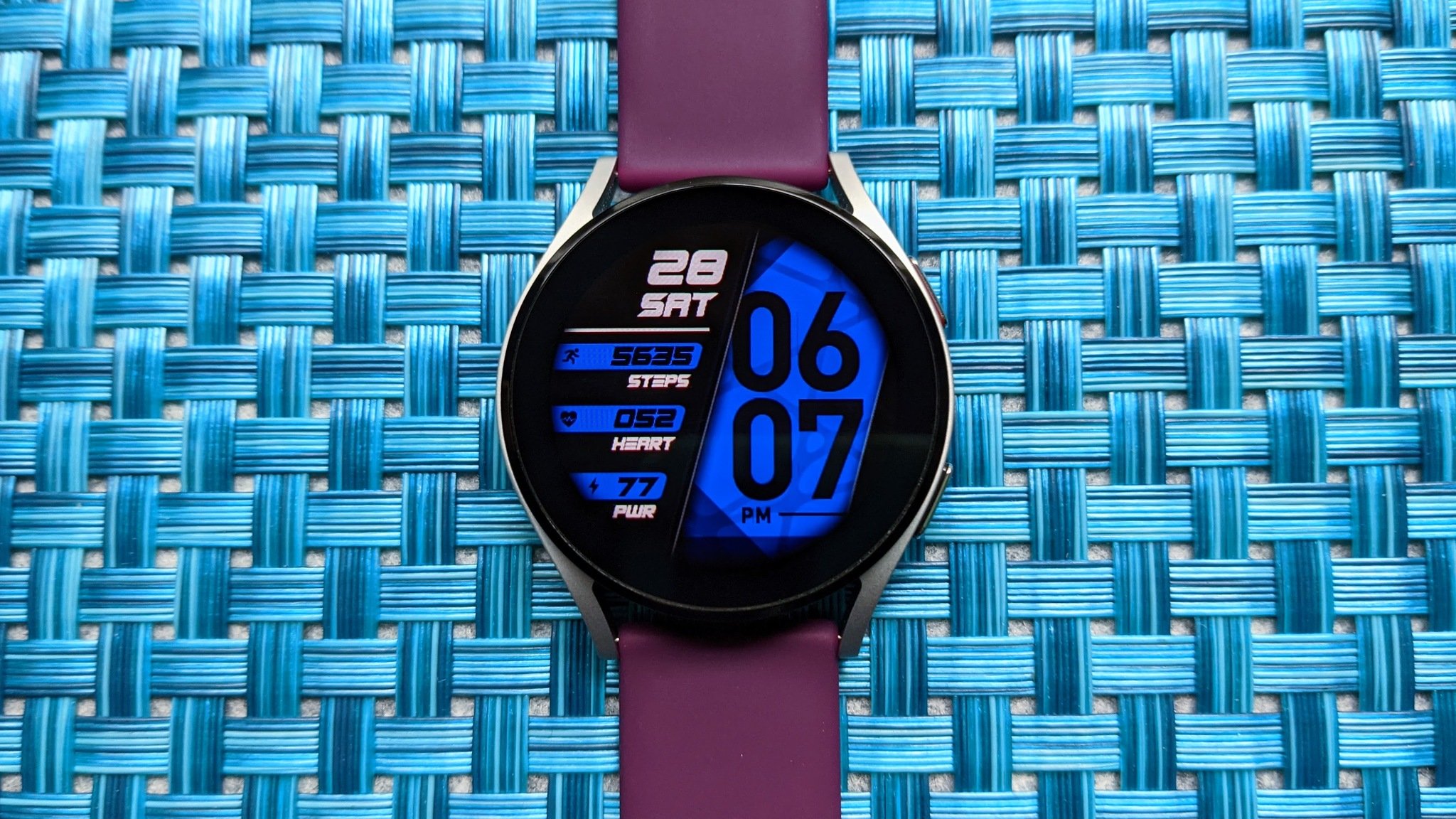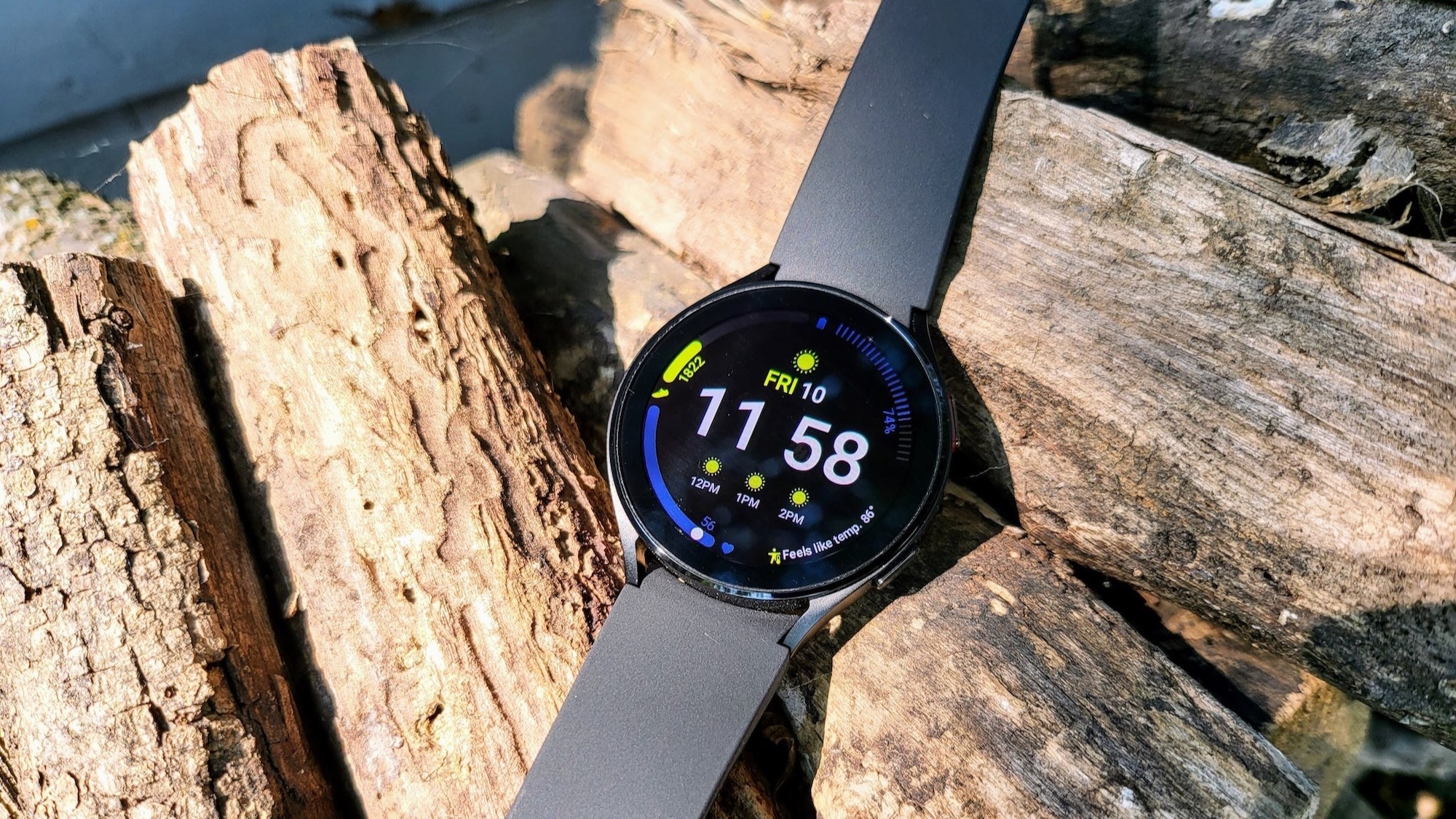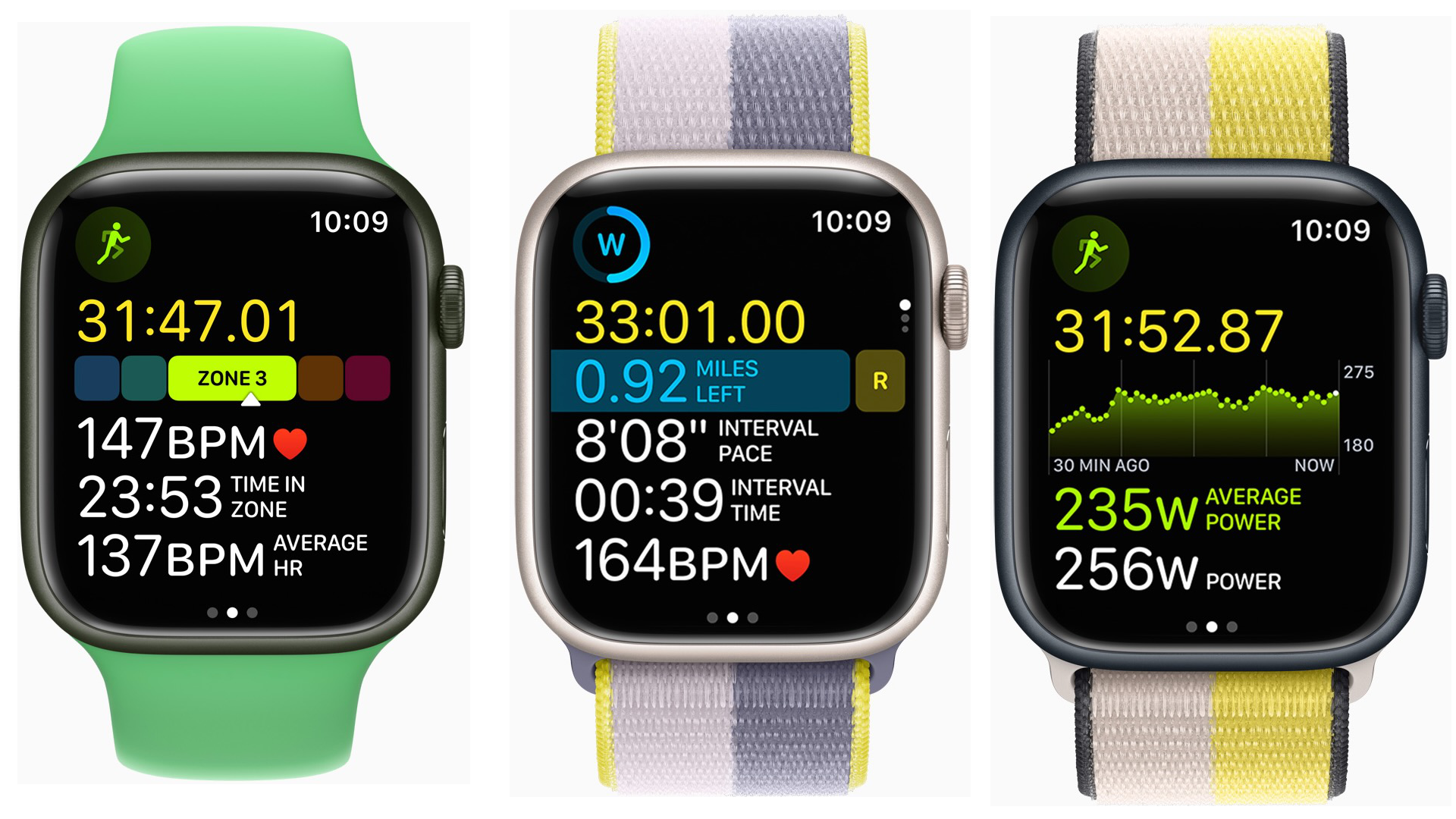The Galaxy Watch 5 should reclaim its 'Active' label, face Apple and Google head-on
Apple Watch added detailed running metrics. The Pixel Watch will integrate Fitbit Premium. How will Samsung respond?

Samsung will likely unveil the Galaxy Watch 5 this August. Leaks concerning the new watch have been surprisingly scant, but Samsung may boost the battery life and add a new temperature sensor for more accurate health and sleep tracking. Interestingly, Samsung will reportedly abandon the "Classic" design and release a massive "Pro" watch in its place.
The base Galaxy Watch 4 essentially took over Samsung's Galaxy Watch Active brand, relying on a capacitive touch bezel instead of a rotating one. Now the 2022 model will fully rely on the original athlete-friendly design instead of the classic smartwatch look.
Despite that, I'm concerned that Samsung isn't taking the "Active" legacy of its watch as seriously as it should.
Don't get me wrong: the Galaxy Watch 4 has a solid track record on health tracking. Not counting the blood pressure sensor restricted in some countries, Samsung's $250 watch can track heart rate variability for stress measurements, blood oxygen, ECG for AFib, and Bioelectrical Impedance Analysis for measuring muscle/fat percentages.
Add in a temperature sensor, and the Galaxy Watch 5 will basically offer all the health sensors as the Fitbit Sense except EDA, only with a massively improved UI and no Premium subscription to price-lock the data.
On the fitness side of things, Samsung Health doesn't lack the essentials. You'll find plenty of sports modes on the watch, plus third-party options like Strava. Running tracking will check your sweat loss, VO2 Max, and cadence. And although the Galaxy Watch 4 may not last a full day with GPS and sleep tracking, the Galaxy Watch 5's battery improvements should help on this front. Especially if you buy the alleged "Pro" model, which could match the TicWatch Pro 3 Ultra with its 3-day battery life.

So what's the problem? For starters, the sensor-packed Galaxy Watch 4 actually had a pretty underwhelming launch. The common consensus from fitness reviewers was that the GPS tracking and heart rate data were inconsistent compared to most fitness trackers, while the BIA sensor would vary from one reading to the next and often miss the mark. Samsung made some algorithm adjustments down the line that improved the matter, at least.
Be an expert in 5 minutes
Get the latest news from Android Central, your trusted companion in the world of Android
My coworker Chris Wedel had his own lackluster experience with the Galaxy Watch 4 LTE version, which regularly overheated during short tracked runs or even when idling. Again, Samsung eventually found a way to patch the LTE thermal issues, but not before Chris returned it and looked elsewhere for his workout needs.
Overall, if Samsung had called this watch the Galaxy Watch Active 3, people would have scrutinized these problems a lot more closely. But because it's primarily an Android smartwatch and was competing with Wear OS watches instead of Garmin or Fitbit, it got a pass.
This year, things are different in my mind. Google will release the Pixel Watch, another Wear OS 3 device for Android users with Fitbit Premium integration. And we learned at WWDC 2022 that Apple's watchOS 9 will add a metric ton of new features: heart rate zones, running form analysis, mid-run pace guidance, custom intervals, and triathlete mode.

I've already written about possible Fitbit features on Pixel Watch that could make it an excellent hybrid lifestyle-fitness watch, and Apple is taking the same approach by giving its users more specific metrics than closing rings.
The Verge argued Apple is coming for Garmin with these new features but will fail due to short battery life. But I think it's safer to say Apple wants its casual-athlete users to feel like they can access "pro athlete" features whenever they want — users who are already used to daily recharging and don't mind the inconvenience.
Samsung and Apple don't directly compete anymore, now that Galaxy Watches don't work with iOS. But I'd argue Apple is competing more with Wear OS 3 than Garmin here, trying to sell a more complete lifestyle package with an athletic undercurrent. And an appealing iOS-only Apple Watch will keep its users from switching to cheaper Samsung phones.
Samsung has offered some of Apple's "new" features since its Galaxy Watch Active 2 days, including Running Analysis of your form and customizable heart rate zones. It's not that Samsung Health is deficient. But as Apple excels at doing, it's repackaging features in a visually appealing, easily accessible way instead of burying features in-app and expecting users to find them.

So with Apple doubling down on Fitness+ and Google bringing Fitbit to not only the Pixel Watch, but also other Wear OS watches down the line, Samsung needs to consider how it will respond.
It's possible Samsung will simply add the Fitbit Wear OS app as well, but that would mean making its customers subscribe to another company's service. And considering it took nearly a year for Google Assistant to become available on the Galaxy Watch 4, we can't count on new Fitbit features to ship before the Pixel Watch arrives, if not well after.
Samsung should instead take charge of its own destiny and revamp its on-display workouts a bit to reveal more data. Provide free running metrics that give a Garmin-lite experience — even if neither Apple nor Samsung can offer the same depth of expertise or battery life — and add a proper triathlete mode to go with the IP68/ STD-810G protection.
The Galaxy Watch Active 2 will stop receiving software updates this fall, and Samsung may never release a new Active watch. But Samsung can easily call upon its fitness expertise and offer a Galaxy Watch 5 with the same data and decently better battery life than the Apple Watch Series 8, and give its Active users something to look forward to.
It just needs to remind people that it cares as much about fitness tracking as health tracking. And, ideally, make sure the Galaxy Watch 5 sensors are in better shape at launch this time around. If it does, Samsung could easily have one of the best running watches of 2022 on its hands.

Michael is Android Central's resident expert on wearables and fitness. Before joining Android Central, he freelanced for years at Techradar, Wareable, Windows Central, and Digital Trends. Channeling his love of running, he established himself as an expert on fitness watches, testing and reviewing models from Garmin, Fitbit, Samsung, Apple, COROS, Polar, Amazfit, Suunto, and more.
